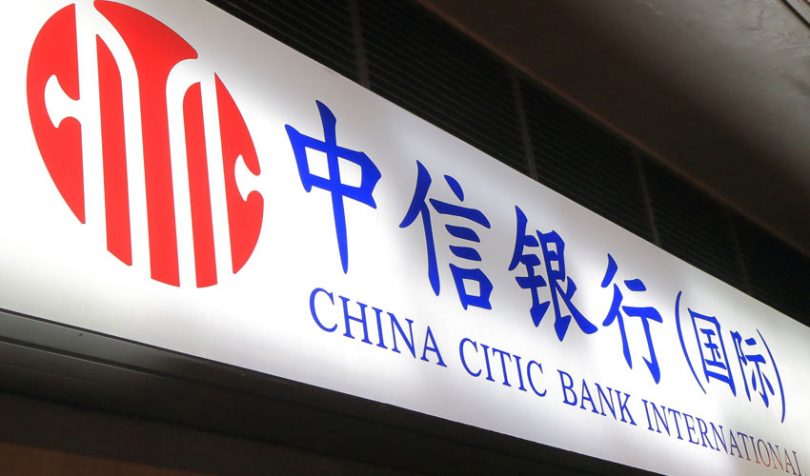China’s CITIC Bank, Bank of China, Minsheng Bank and Ping An Bank announced that in less than a year their blockchain forfaiting transaction (BCFT) platform processed 20 billion yuan ($2.82 billion) of trades.
CITIC initiated the project, and the four banks launched the BCFT platform last year to streamline services to their customers. Since its launch, over 30 banking institutions have joined the platform.
The figures were released as part of an announcement about the recent upgrades to the platform. The main changes relate to standardization between the banks. There is now a universal forfaiting business agreement which all the banks use. Plus they introduced a standard “Master Agreement” for forfaiting domestic Letters of Credit.
The legacy system of forfaiting requires a two-way effort from the participating banks, which involves a lot of phone and e-mail communications. With blockchain, this time-consuming activity is mostly eliminated.
The BCFT platform is already working for these domestic banks, and the upgrade provides a solution for online contracting between banks. Rather than back and forth about the format of the agreement, the agreement is now standard. Hence once a single bank signs, that bank uploads the agreement to the blockchain. Presumably, the counterparty can then digitally sign it.
There’s now at least three Chinese trade finance blockchains which have processed several billion. Almost a year ago, Zheshang Bank said it had transacted more than $4 billion on its blockchain. Even China’s central bank is getting in on the action and initiated the Bay Area Trade Finance Blockchain which has executed more than $4.5 billion in volume.
But that’s just the tip of the iceberg in terms of Chinese activity. Last week, HSBC executed a blockchain letter of credit using yuan from Hong Kong to Shenzhen. Ping An’s OneConnect has a trade finance platform for small to medium-sized banks. Standard Chartered is partnering with blockchain supply chain finance startup Linklogis. And this week Singapore’s DBS Bank announced it’s launching a supply chain finance initiative targeted at secondary Chinese suppliers.






